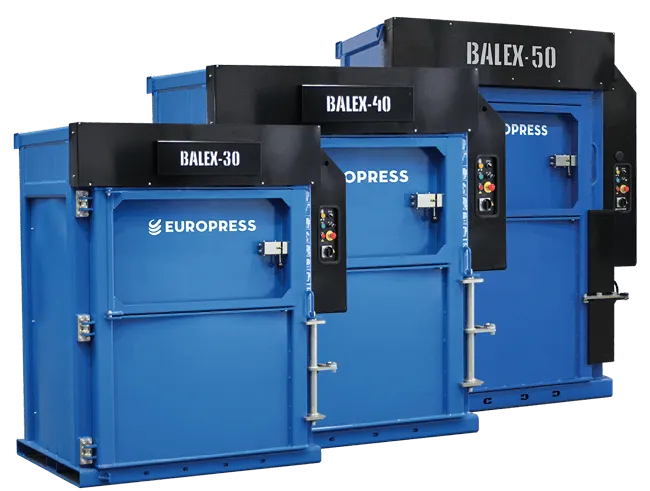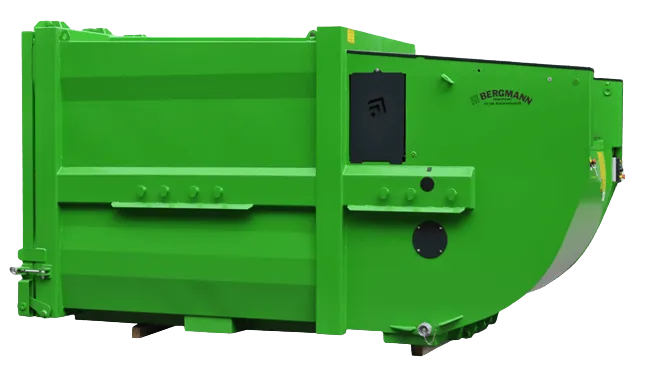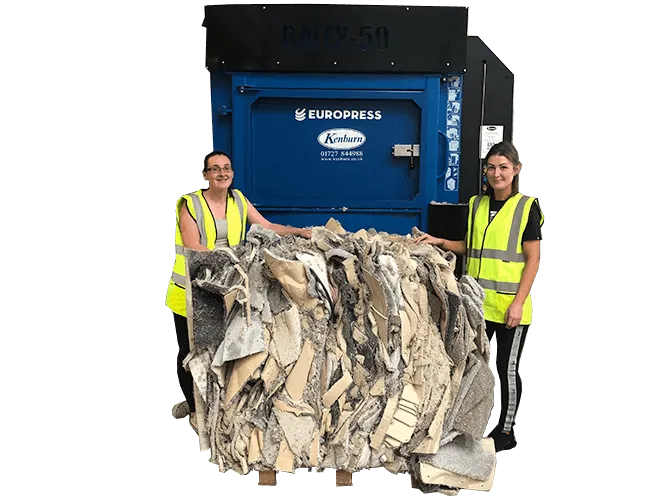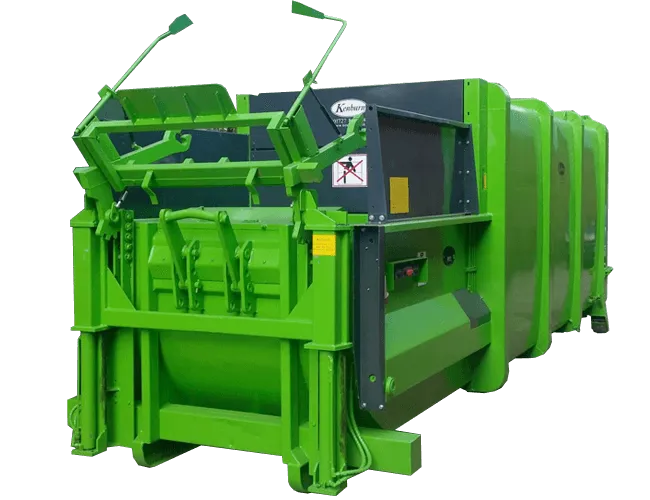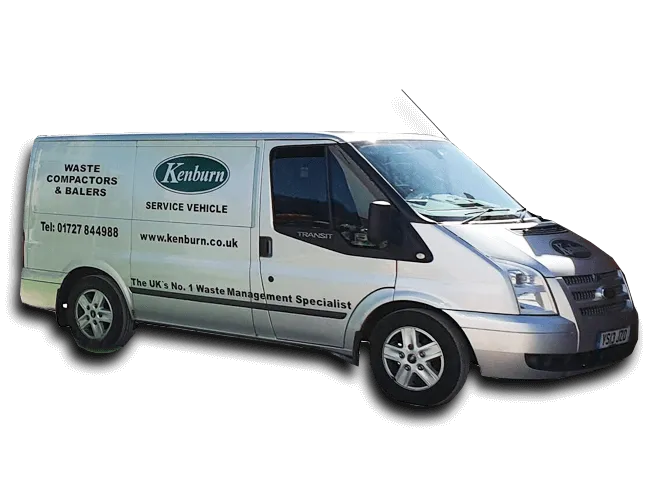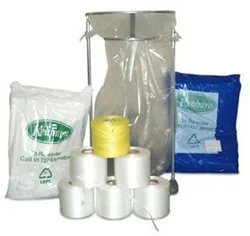 Meeting our environmental responsibilities as a business, especially sustainable waste management, is more pressing than ever. Operating an environmentally friendly business is instrumental in creating and leading positive change amongst peers. Furthermore, notwithstanding the positive impact of a sustainably run business on the environment, being green is also good for your bottom line. A global survey in 2014 indicated that 55% of consumers are willing to pay higher prices for goods and services from companies that have environmentally-friendly business practices. Adhering to the 3 ‘Rs’ – reduce, reuse, recycle – can save your business money in the long-term but where should your business begin?
Meeting our environmental responsibilities as a business, especially sustainable waste management, is more pressing than ever. Operating an environmentally friendly business is instrumental in creating and leading positive change amongst peers. Furthermore, notwithstanding the positive impact of a sustainably run business on the environment, being green is also good for your bottom line. A global survey in 2014 indicated that 55% of consumers are willing to pay higher prices for goods and services from companies that have environmentally-friendly business practices. Adhering to the 3 ‘Rs’ – reduce, reuse, recycle – can save your business money in the long-term but where should your business begin?
Sustainable Waste Management
‘Sustainable waste management can be defined as using resources efficiently to reduce the amount of waste produced, and where waste is generated, dealing with it in a way that actively contributes to the economic, social and environmental goals of sustainable development.’
Waste prevention offers the greatest eco-friendly benefits and a lot of business owners nowadays are striving to run a zero waste business, where 90% of waste is diverted from landfill and incineration. But, it isn’t always possible to reduce the production of waste and therefore other methods of moving management of waste up the ‘waste hierarchy’ must be sourced. The ‘waste hierarchy’ gives top priority to preventing waste production in the first place, with landfill and incineration without energy recovery as a last resort.
Waste disposal might be the only option and if so, it is vital that you invest in efficient waste management solutions. Where possible business waste must be recycled – this can be initiated by providing recycling bins in your office or for larger amounts of waste, investing in a suitable waste baler. A waste baler is used for compacting recyclable waste into solid blocks that can be collected easily and economically.
If your business produces large amounts of waste that cannot be reduced, reused or recycled, investing in a waste compactor is your best bet. A waste compactor is a practical investment for every business looking for a simple and compact way to get rid of waste.
Reliable organisations, like Kenburn, will be able to provide the most suitable and cost-effective solutions to manage recyclable and non-recyclable business waste. They supply the machinery required (balers and compactors) that allow your business and waste contractor to dispose of waste legally, compliantly and in the most environmentally friendly way.
Recycle electronics
According to the United Nations University’s Global E-waste Monitor the amount of electronic-waste generated globally is projected to hit 50 million tonnes in 2018. This will include in excess of 3 million tonnes of small gadgets including mobile phones, calculators and laptops.
Business owners must remember that it’s important to get rid of electronic waste sustainably too!
Just as we tackle normal waste with the 3 ‘Rs’, the same goes for electronic waste. If your business is replacing electronic items such as computers, monitors, tablets and phones that are less than 5 years old, it’s very likely that they can be reused or recycled. Electronic waste and equipment is covered in EU law by the WEEE directive, which is designed to stop people throwing electronic waste into landfill. Retailers selling you a new electronic item, by law, must take in the equivalent old model and dispose of it according to regulation. Furthermore schools and charities are often looking for used electronics, and some computer manufacturers have technology recycling programmes.
Paperless policy
We’ve firmly entered into the digital era, yet the use of paper in a company is almost unavoidable and any paper waste must be recycled. More and more small businesses are trying to go paperless – even some law firms that are inundated with paper (court bundles, witness statements, legal forms, etc.) are introducing a paperless system, which can cut overheads and reduce waste.
New and changing technology has given us the tools we need to transition from filing cabinets to an organised digital format, but that doesn’t mean to say going paperless hasn’t got downfalls. Going paperless has benefits such as being environmentally-friendly but has disadvantages like cyber-security threats.
Encourage alternatives to cars
Encouraging alternative commuting options may not cover all of the ‘3 Rs’, but it does reduce your employees’ carbon footprint and therefore as a whole improves the sustainability and environmental responsibility of the company.
If your business is based in a city, you should encourage your employees to cycle, walk or get public transport to work – there are not only environmental benefits, but cycling, walking and public transport can be quicker, more efficient and healthier than driving. Evidence suggests that public transport has the potential to replace 21% of existing car journeys in urban areas around the UK. Statistics also show that a full bus can take 50 cars off the road and CO2 emissions per passenger for a train or coach are, on average, six to eight times lower than car travel – this is why as an employer you should encourage alternatives to car commuting with your employees!
Walking and cycling improves mental wellbeing, physical health and saves employees money. The Cycle to Work scheme is a UK Government tax exemption initiative to promote healthier journeys to work and to reduce environmental pollution. It allows employers to loan bikes and safety equipment to employees as a tax-free benefit.
If it isn’t possible to cycle, walk or get public transport to work, why not encourage your staff to ‘car-pool’ where possible!
Here are some of the world’s most eco-friendly companies – take inspiration and find out about how other businesses are striving to be more environmentally friendly.
Do you want your business to be more eco-friendly? Start now by investing in efficient and compliant sustainable waste management solutions.

